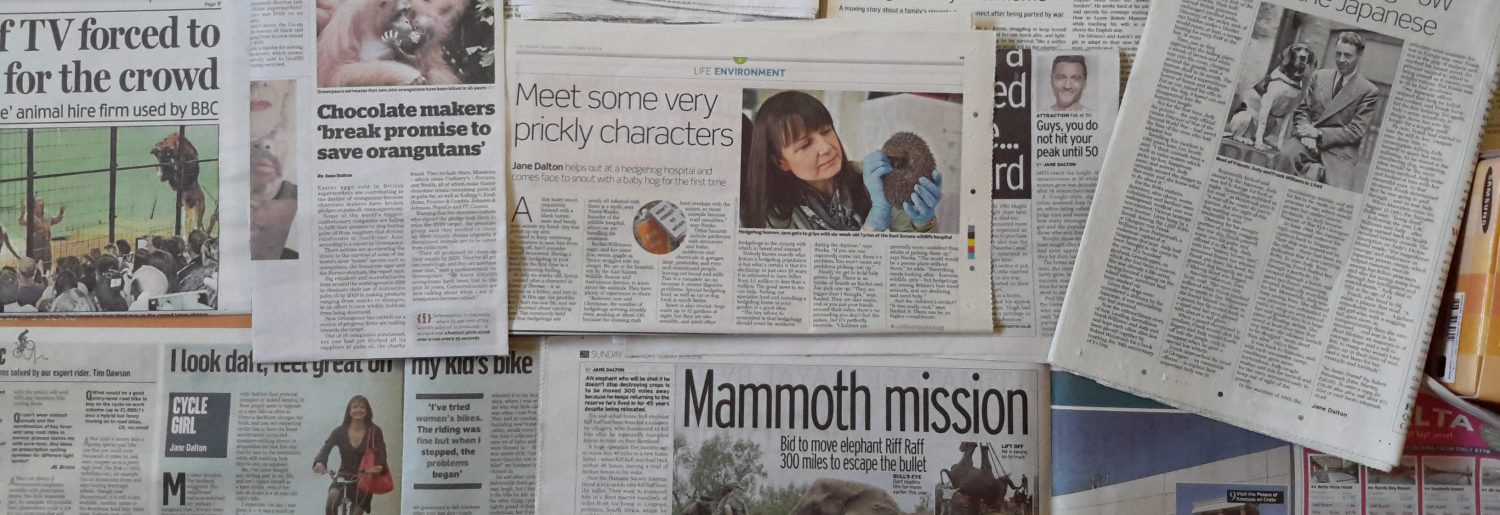Hypocrisy is considered the great evil of our time – but it shouldn’t be
WE ENGLISH excel at hypocrisy, according to Alan Bennett, with our tolerance of library closures, selling off prime parts of London and private education for a lucky few children.
Nobody likes to be called hypocritical. It is possibly the most devastating accusation of our time, to be avoided at all costs. However, Bennett’s swipe at the habit of doing one thing while saying another assumes unquestioningly that hypocrisy is always, by definition, a bad thing.
But such a judgment allows no latitude for nuance of character or circumstance; it’s a sweeping catch-all condemnation, with its intimation of duplicity, falsehood and condescension. It tars those with both good intent and bad with the same brush.
There are, of course, some particularly egregious examples of hypocrisy, such as the great and the good who demand action on climate change while jetting around by plane.
Indeed, people who preach while not applying their rules or beliefs to themselves are prime targets for condemnation. But our judgment should take account of circumstances, intentions and motives involved.
Plenty of those attacked for apparent insincerity would, in a perfect world, be keen to make personal changes. But when was it a perfect world?
Using hypocrisy as an excuse to do nothing is the worst moral position of all
I’m vegan, and occasionally meet someone who likes to try to “catch me out”. They point at my feet. “But aren’t your shoes leather?” they ask, as though uncovering proof of double standards that would make my dietary decisions meaningless. No, as it happens, they’re not. But even if they were leather, I will still have avoided eating the 126 animals that an average person chops their way through each year, avoiding making 126 animals suffer.
Wanting or urging others to change while not always succeeding in making every possible change yourself is not the greatest crime in the world. Doing something is almost always better than doing nothing.
Those who value consistency above all else may feel better because their moral virtue is unsullied. Lucky them.
But for the Labour voter who avoids NHS queues by having their operation done privately, where is the actual harm done? The only actual damage is to that person’s self-respect. Hypocrite? So what – at least they had their hip replacement. Nobody else has the right to judge.
I was recently handing out leaflets asking people to sign an online petition for CCTV in slaughterhouses to prevent appalling animal cruelty. Some people declined on the grounds that they eat meat so any concern for animal welfare would be double standards. I wanted to scream at them: “I don’t care about your standards. Nobody’s judging. You can still make a difference.”
I didn’t, of course. I’m too English (maybe Bennett would disapprove.) But their valuing their own clear conscience above helping to prevent suffering seemed a tad selfish and little more than vanity. Animals in pain neither know nor care whether your moral standards are consistent.
Nobody refuses to donate to humanitarian causes – earthquakes, famine, disease – on such spurious grounds. “My carbon footprint has made a tiny contribution to that disaster, so giving something to the victims would make me a hypocrite.”
A refusal to engage can even be a cowardly way of assuaging our own consciences, as though steadfastness of thought morally trumps other issues. So perhaps if we were less judgmental of others, more could be achieved.
It is the indiscriminate nature of the damning judgment that leads people to avoid suspicion of the “hypocrite!” accusation at all costs – but very often there is a price to be paid elsewhere.
A good friend of mine, a lifelong liberal-minded type, has always objected on principle to anything vaguely elitist, including private education. So when her daughter – let’s call her Emma – was offered the chance to apply for a scholarship to an independent school, my friend declined, insisting that to accept would make her guilty of double standards.
Emma instead attended the local comprehensive, and although she was well brought up, in an effort to be accepted by her peers, she was sucked into a certain amount of trouble, landing only mediocre GCSE results. At the age of 10 or 11, Emma had wanted to become a surgeon. With the better grades the private education could have given her, I’m sure she could have achieved this. Bennett blames society’s failure to improve on superior education for a few.
Are missed opportunities such as this, born of ideological consistency, a way to better things for everyone?
Not being a hypocrite makes us feel better, but can have damaging consequences.
Hypocrisy is probably the world’s most overrated vice
Bennett is right about our excelling at double standards in many ways, but if we want to effect changes for the better, even if we aspire to do something without actually achieving very much, it’s not a crime and we should not be condemned.
He also says that as libraries close, we glory in Shakespeare; there are times when we should glory in our hypocrisy itself, because it at least means we are not sitting idly by; we are not perfect but we want to make the world a better place.
When a fear of double standards is used as an excuse for apathy or avoiding uncomfortable truths, that is the most objectionable moral position of all. So the next time you don’t want to support an animal charity because you’re having meat for dinner, remember it’s only you who’s judging.
We should be less afraid of being labelled hypocritical and more keen to be called forward-looking.




I whole heartedly agree with you about the hypocrisy issue. None of us is perfect and if we wait until we are than nothing much will ever be achieved. On occasion we all make compromises and maybe feel guilty. We try to reach a certain standard of ethical ideals and encourage others to do so and if we fall short on occassion we are only human but at least we are trying which is more than most people can claim. Veganism is a bit like religion there is always someone trying to catch you out doing something you should not be doing as it somehow helps them to justify there own less than perfect behaviour. The label of hypocrite is all to ready used whenever we make a slip and from time to time most of us being less than perfect fail to live according to our ideals.
I can’t understand how meat eaters can consider it hypocritical to sign a petition for cctv in abattoirs, most meat eaters surely want to reduce the suffering of animals. To my mind this is a strange logic.
LikeLiked by 1 person
Thank you, Cinnabar. Indeed – in fact I should probably have argued that if one’s motives are honourable and one is making more effort than most to do the right thing, it’s not in fact hypocrisy at all.
LikeLike
[…] doing something isn’t always appreciated as better than doing nothing – although it should be. As I’ve written before, hypocrisy is considered the great evil of our time, but really, where are the […]
LikeLike